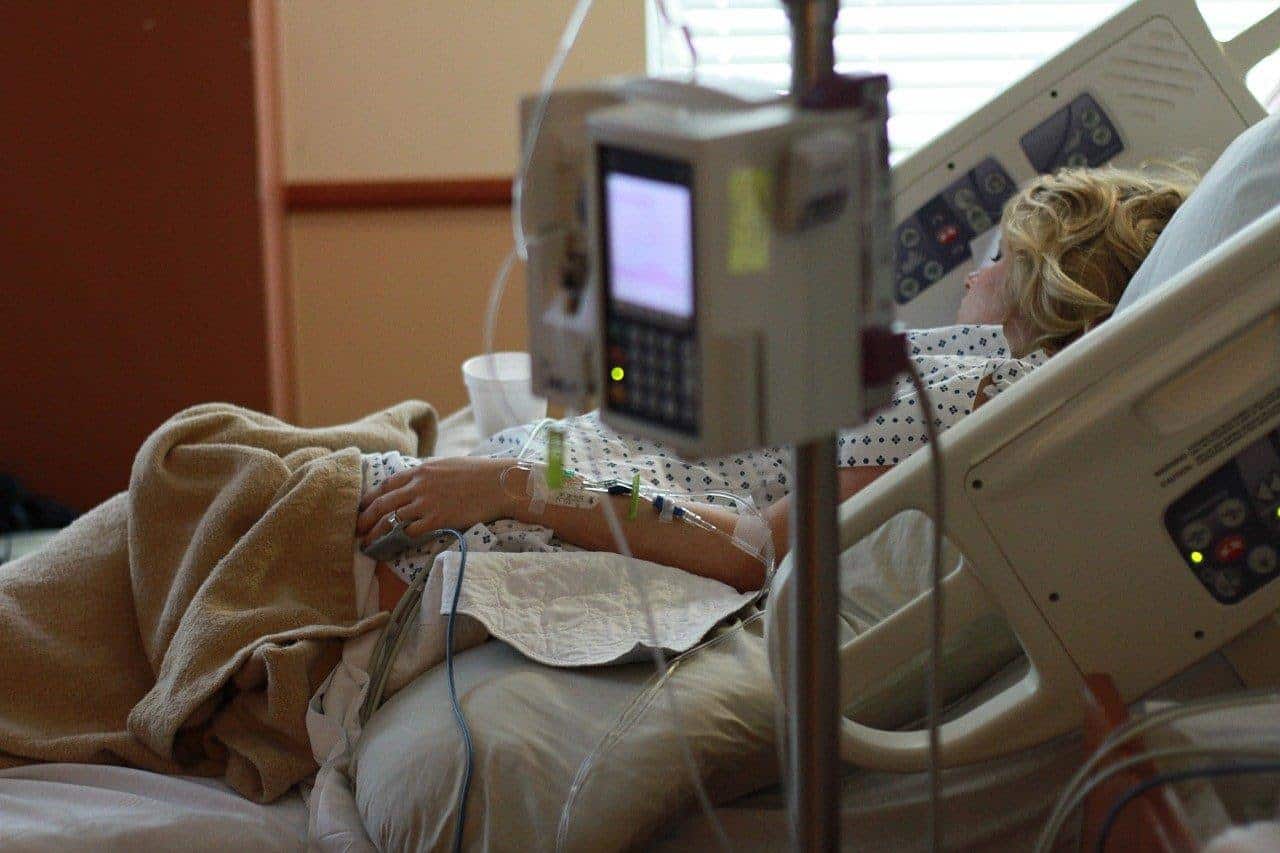Image: Source
The world of healthcare is laying the groundwork for tremendous developments and groundbreaking improvements in the near future that will transform the way physicians and doctors are able to do their jobs. New approaches are evolving to provide patients with treatments in faster and more accessible ways, and special software helps physicians stretch the limits of what is achievable inside today’s healthcare facilities. Key healthcare developments are allowing doctors to not only automate some previously time-consuming routines but also communicate with patients and help them monitor their health more accurately.
Key Healthcare Technologies
Some major processes streamlined by healthcare software development services are the way doctors are able to interact with their patients. Doctors can utilize websites and mobile apps to streamline the necessary communication. For example, previously, a patient would have to physically visit a facility or call up from a phone if they wanted to reorder medicine or schedule an appointment, which usually involves long wait times. Now, those procedures can be accomplished with just a few taps from an app, and doctors and pharmacies can fulfill orders and schedule appointments instantly.
In the last several years, smartphone applications and wearable health devices have been popularized to help people build healthier lifestyles, monitor progress, and assess potential issues early on. Applications such as these are convenient incentives for individuals to promote healthy behaviors, and during testing, the data obtained will benefit healthcare providers tremendously. It’s also much easier for patients to access their records so that they’re able to pull up any necessary information at a moment’s notice. This can be life-saving in certain scenarios.
Software being used in a way can support exercise and proper eating patterns with data and guides obtained from real professionals in the field, enabling individuals to learn so much about how to remain healthier and prevent long-term complications before they can occur.
Not only is patient communication evolving, but patient treatment is as well. Thanks to software solutions, data can be studied and utilized to create personalized medications and prescriptions based on each patient’s individual characteristics and symptoms. With machine learning and artificial intelligence, symptoms can be analyzed and diagnosed more efficiently allowing healthcare practitioners to make decisions and administer treatment much faster, as well as have resources and data to pull from in the case of similar issues in the future.
Where Healthcare Will See Further Improvements
All these are just a few specific areas in which technology revolutionizes the medical community and helps streamline once convoluted procedures, with more interesting improvements occurring all the time. Thanks to tools that analyze the best approaches to solve common challenges, some processes that have required much time and money can be streamlined.
It is, therefore, possible that much more complicated healthcare protocols will be simplified in the future, all thanks to software solutions. As time goes by and this kind of tech becomes more implemented, the knowledge from gathered data that doctors draw from is only increasing. We should assume that far more lives can be saved thanks to these improvements, and new discoveries can address current challenges and deter possible situations from arising.
The Editorial Team at Healthcare Business Today is made up of skilled healthcare writers and experts, led by our managing editor, Daniel Casciato, who has over 25 years of experience in healthcare writing. Since 1998, we have produced compelling and informative content for numerous publications, establishing ourselves as a trusted resource for health and wellness information. We offer readers access to fresh health, medicine, science, and technology developments and the latest in patient news, emphasizing how these developments affect our lives.








